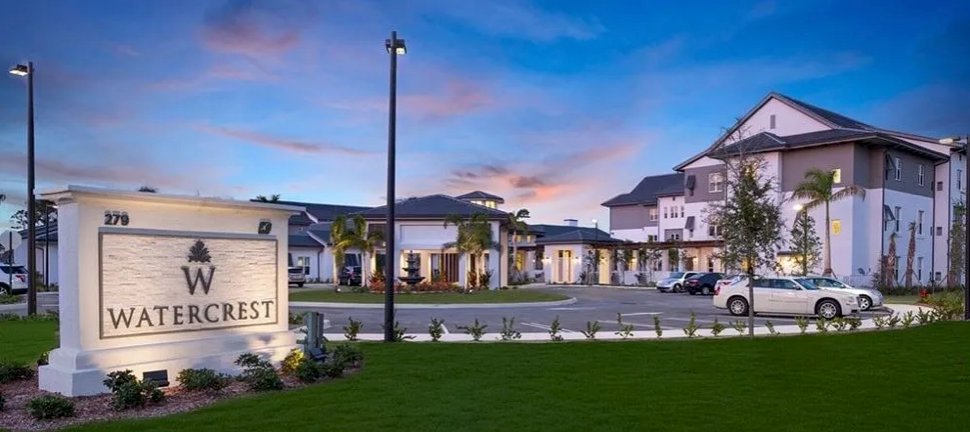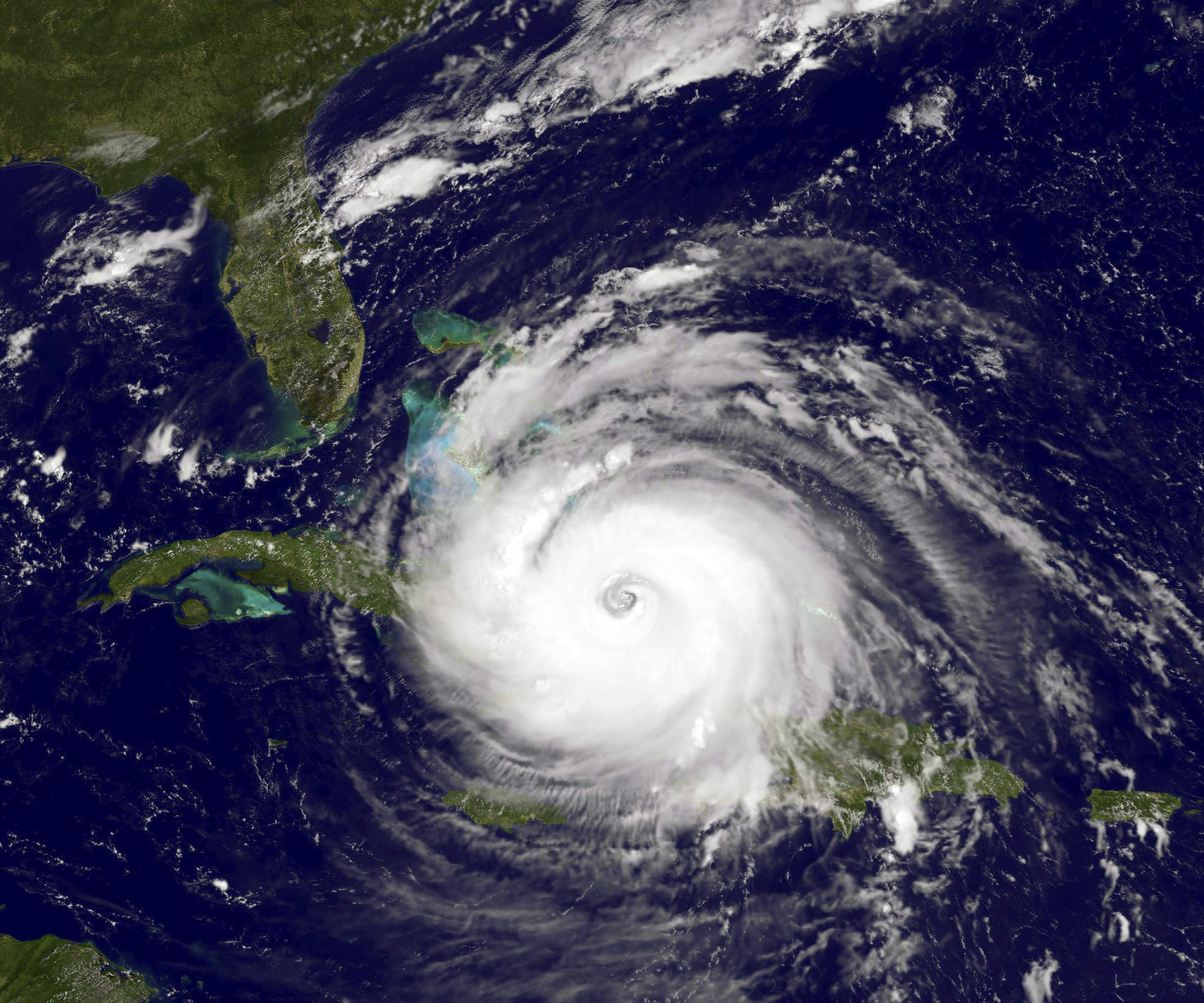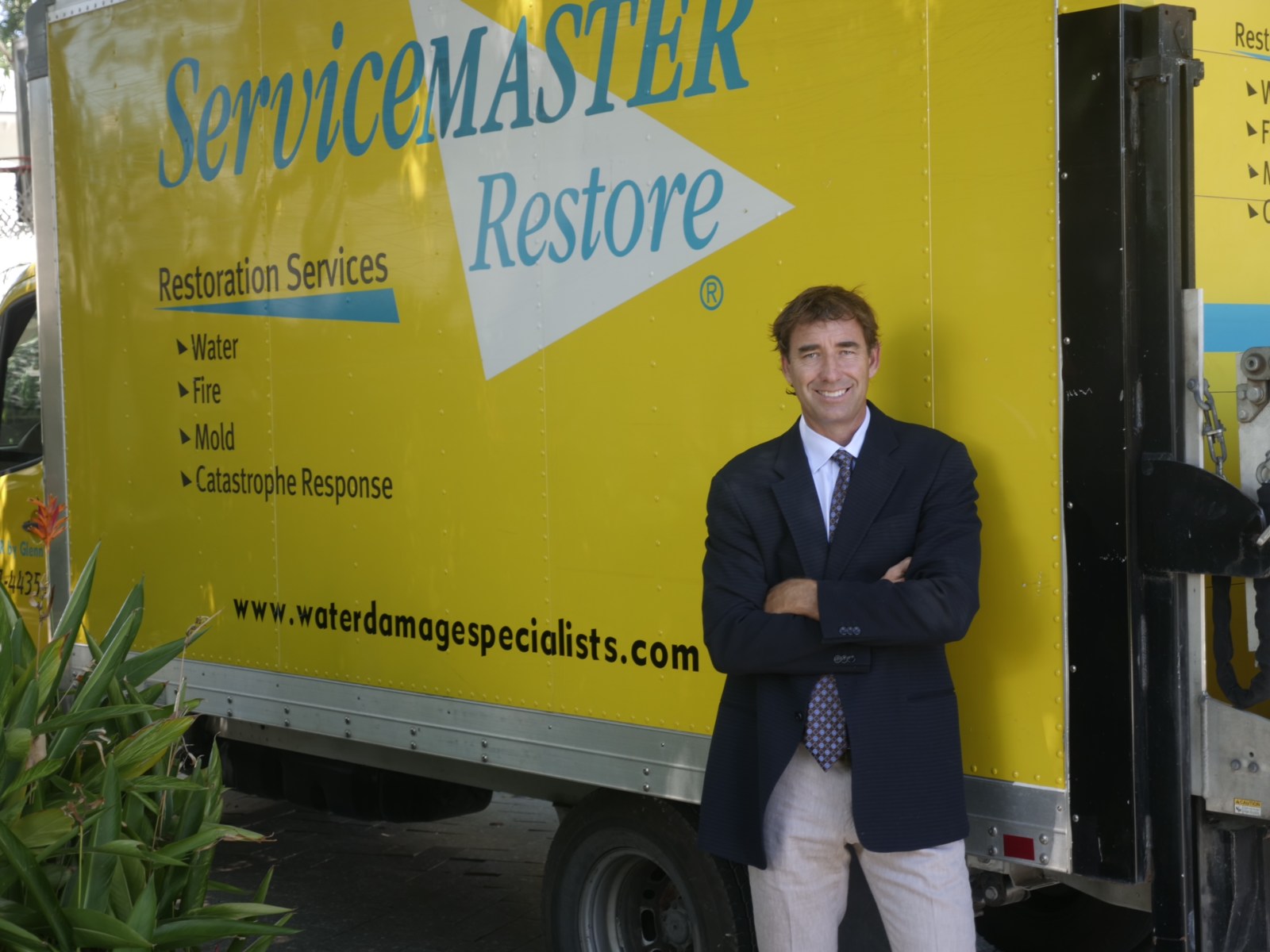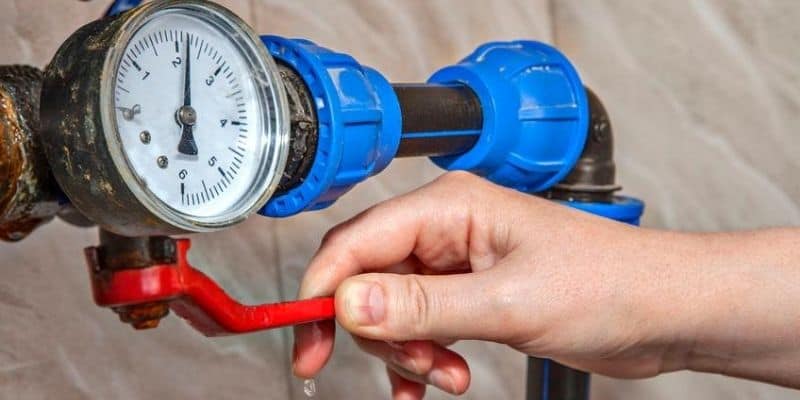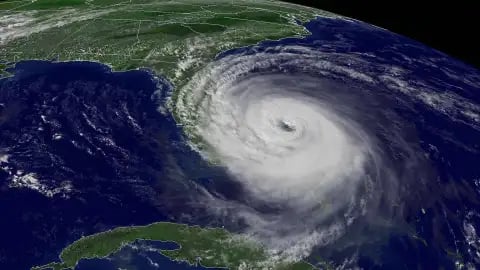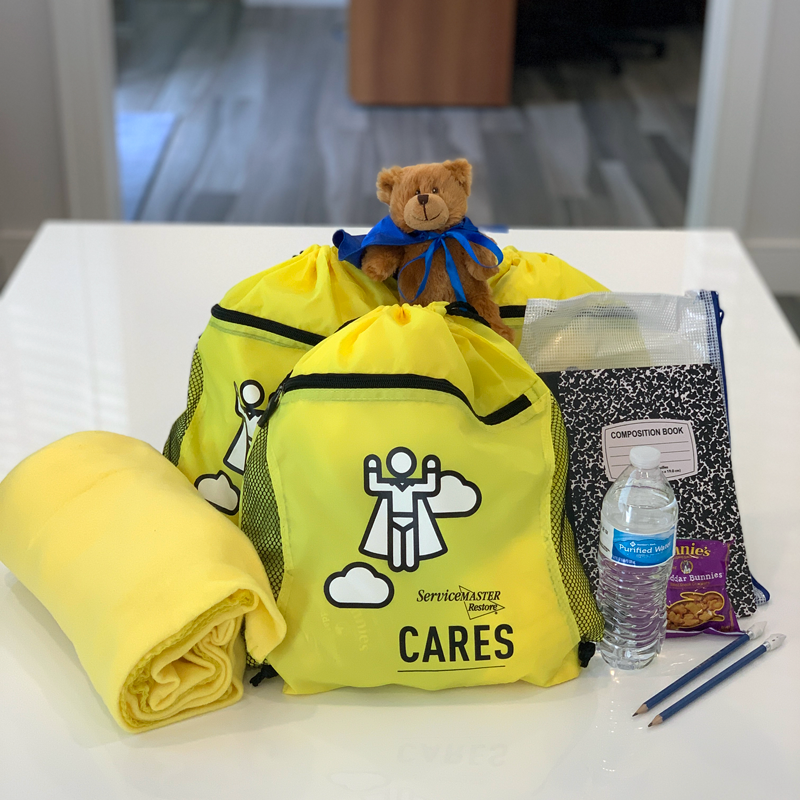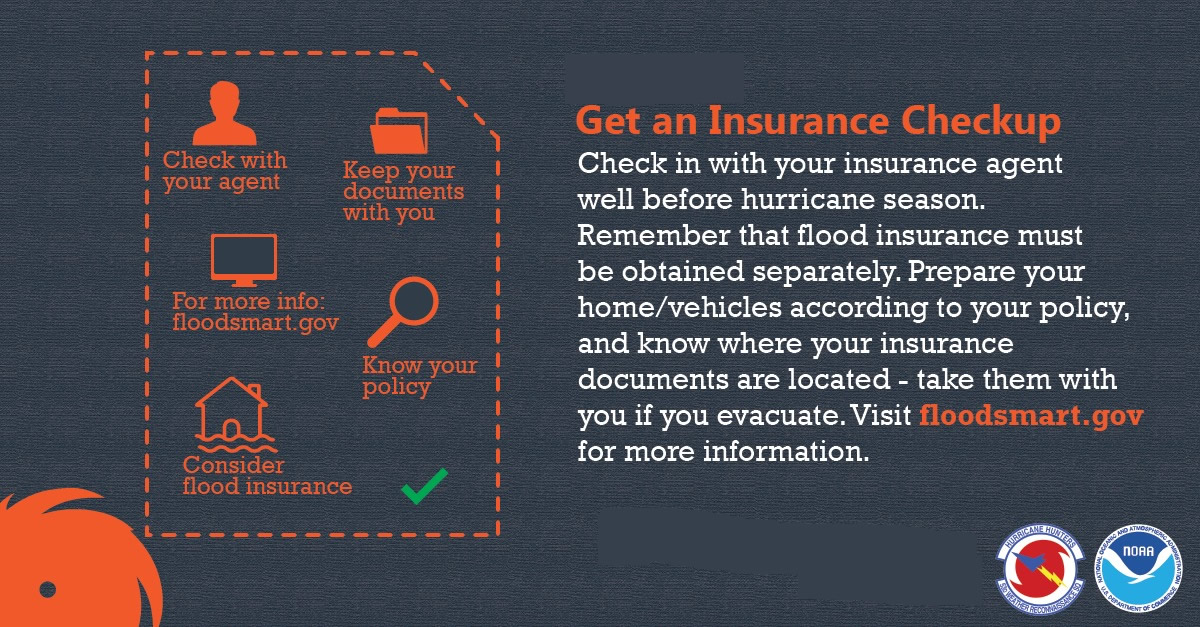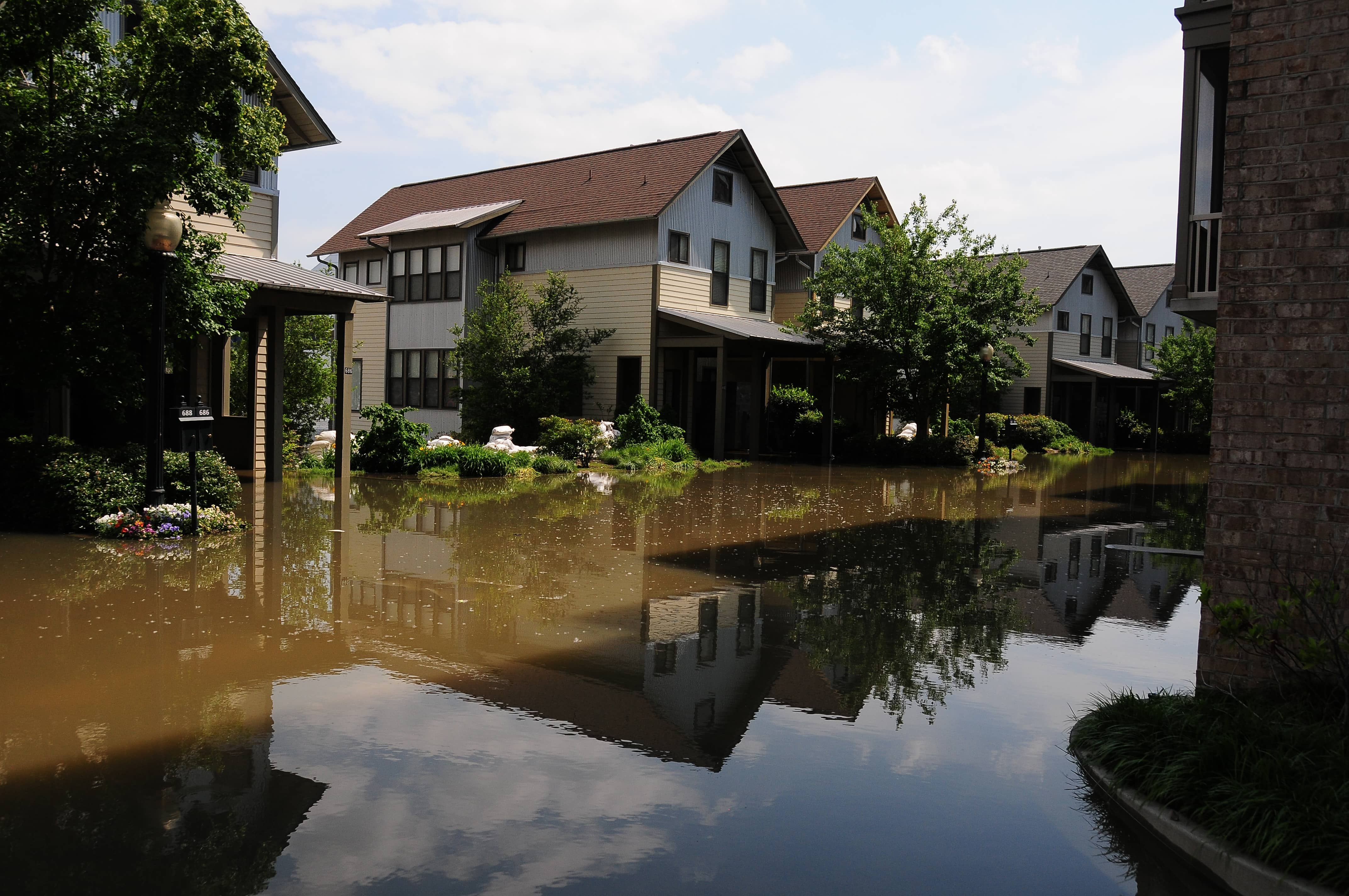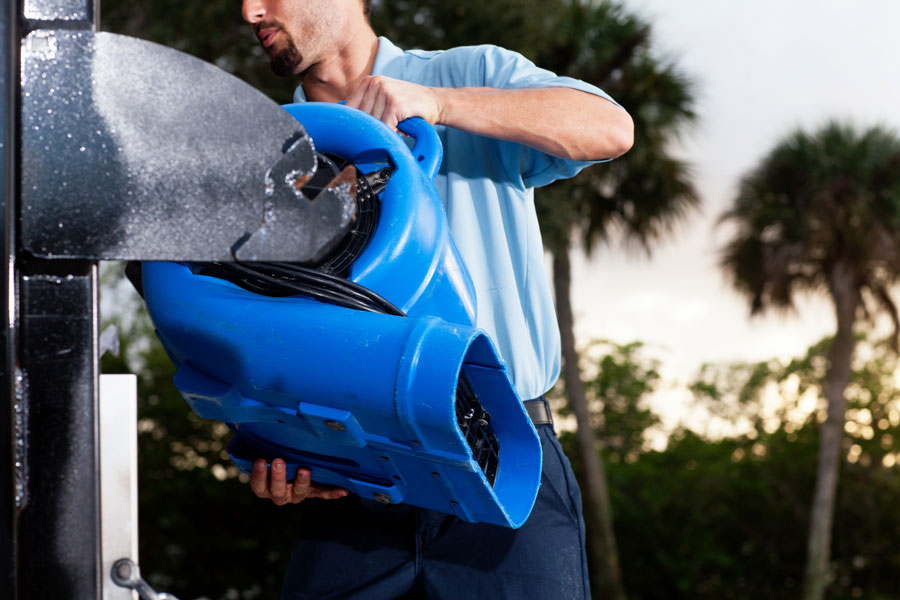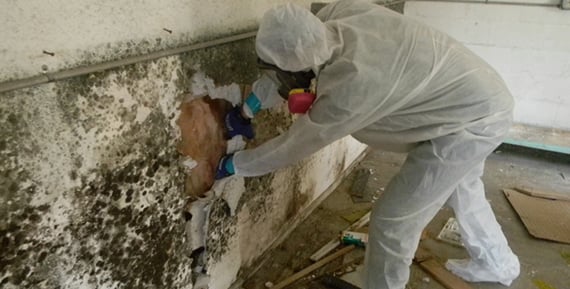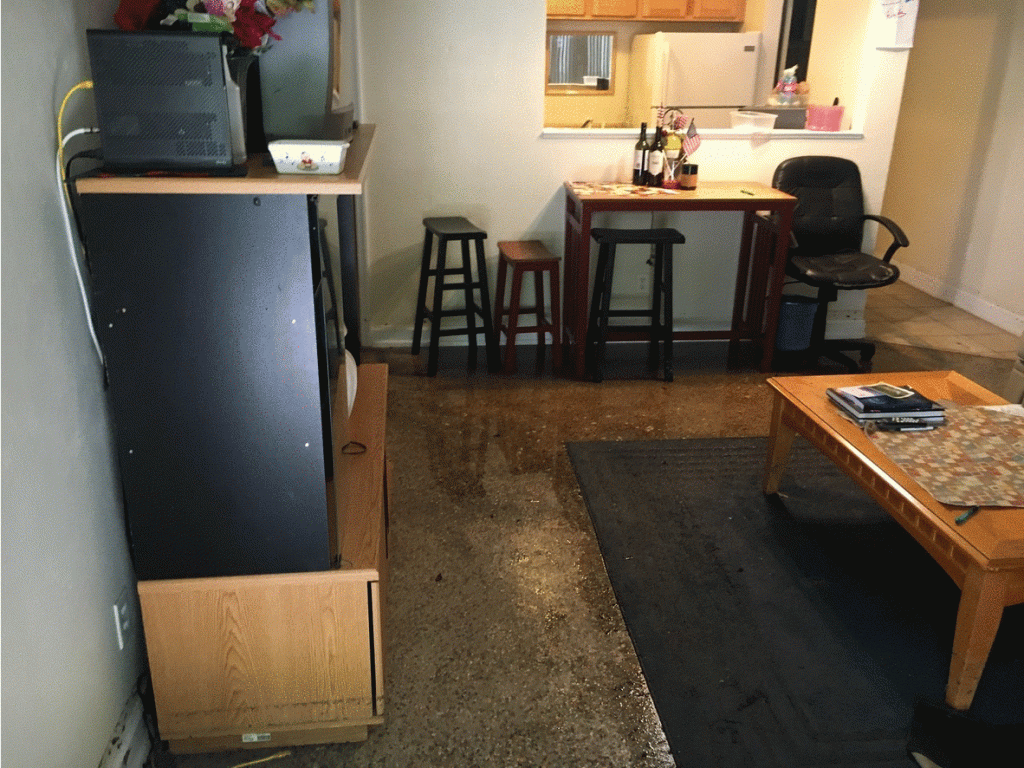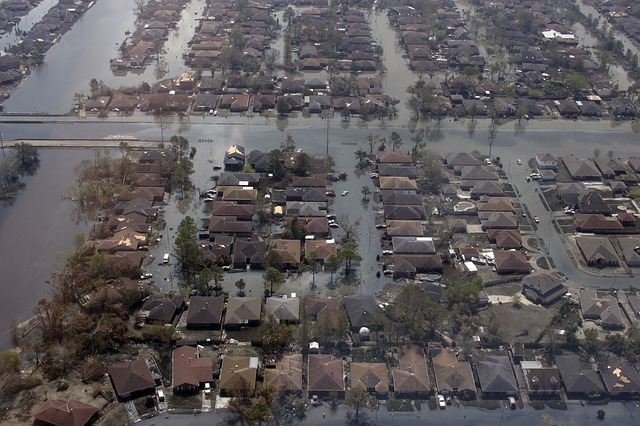
Even when you’ve come prepared in times of calamity, natural disasters will strike like a thief in the night. While you may have the presence of mind, doing anything you can to save your property, nature can still work its way into your home.
Yes, it’s inevitable but definitely reparable. There’s no doubt that flooding has incurred billions of expenses in the United States and other countries around the globe. If you’re one of those whose property has been damaged by flooding or you are worried that your area is at risk of flooding, taking safety measures will minimize the damage or even save you from the devastating effects of flooding. For savvy homeowners, especially in areas prone to flooding, hiring a company like ServiceMaster by Glenn's, a Vero Beach flood damage restoration company, is a wise decision.
Procrastination and neglect are your enemies during calamity. If you’ve come unprepared, you’ll need to suffer the costly and dangerous consequences. More often than not, people underestimate the forces of nature. Flooding makes the water strong and forceful, no amount of human strength can stop it. If you’re prepared, you can protect your family and property from serious damage caused by flooding. So, what should you do to minimize the damage and stay safe?
Before the flood, you should:
- Assess the area if it’s prone to flooding.
You might be oblivious to the fact that your area is flood-prone. One of the first safety measures to consider is to evaluate the risk of an area for flooding. Take note though that you should not only focus on the area where your house is situated. You might also want to look at the routes you take to work or school on a daily basis. Take time to research the flood maps and check if your home has enough elevation. You can also approach your local emergency management office to evaluate your risk.
Your home does not have to be in a flood zone for you to qualify for flood insurance. As they say, it’s better to be safe than sorry. If your home is near a dam, reservoir, or levee, securing flood insurance is a good idea. Just imagine the devastation brought about by Hurricanes Katrina and Harvey. You do not want your home to be part of the statistics, do you?
2. Conduct an annual insurance audit
Once you get yourself flood insurance, the next step is to make sure that you’re aware of your coverage. It’s common for policyholders to be totally clueless about their coverage. The reason? They’ve failed to dig deeper into the details of their property insurance policy. Do not be a hapless victim. Be sure that you know the extent of the coverage.
If you live in a hurricane country, you might need to purchase a separate policy because standard property insurance does not cover damage caused by floods. That means you need to pay for the flood damage restoration. Having a separate policy that will cover the damage saves you from spending vast amounts of money on restoration.
3. Prepare for the disaster.

Unfortunately, many residents have lost their homes because of unpreparedness. You do not have to be one of them because simple disaster preparation techniques like keeping plastic sheets, shovels, sandbags, plywood, and trash bags on hand will minimize the risk and ensure safety. Including a flashlight and some extra batteries, food, cash, cell phone, and chargers, and medicine can be your first defense against flooding or any natural disasters.
You can also seek help from local emergency management professionals in learning about the flood risks. This way you can prepare for the flooding. They have specific information about the area where your home is located. They will provide you with essential information like how the area absorbs or drains water, and how rivers or canals in your location flood.
4. Make an evacuation plan.
If your home is in a flood-prone area, you’ll also need to prepare an evacuation plan and of course, a backup route. You also have to make sure that all of your family members are familiar with the evacuation route and plan.
Check the route that still works if your area is prone to flooding or seasonal storms. You might want to conduct a drill with your family so they will know what to do when there’s a flood. Do not forget your emergency supply kit. Be sure that it’s accessible in case you need to leave home quickly.
Do not set communication aside as it’s important at this stage. Talk to your community association so people in your neighborhood will also have an idea about the importance of evacuation preparation and planning. You can also send residents information like emergency contacts and evacuation routes. Some of them do not have an idea how to submit insurance claims so this can be a starting point for them.
During the flood
- Avoid going in the water.
You’re no mutant to swim in six-inch deep water, especially if it’s rapidly running. You’ll end up being washed away by water in seconds. The water can even carry away a full-sized SUV so never underestimate the forces of nature.
2. Look for higher ground.
You’ll need to find a higher elevation if you’re walking. In the event your vehicle stalls, you need to get out and seek higher ground as well.
3. Be informed.
Make sure you have your radio tuned to national weather so you’ll get updates and alerts regarding the weather. You may also install an app where you can stay in the loop with the latest information on local weather.
4. Stay away from electrical equipment.
At this stage, there might be electrical equipment submerged in the water. Avoid standing in water at all costs.
Steps to take after a flood
- Avoid going home until you’re assured it’s safe.
While you might be worried about your home, it’s unwise to go back unless your local emergency management officials confirm that it’s safe.
2. Do not go inside your home without checking your home visually.
Your home might be damaged or have broken gas lines or loose power lines. Do not enter unless you check your home. You might step on broken glass or there might be snakes or other wild animals that have been carried in with the water.
3. Drive safely.
Although you can drive once the flood waters have receded, it’s still necessary to drive with caution. After the flood, the roads might be partially damaged, making it difficult for you to drive from point A to point B. Do not cross the barricade. Look for a safer route instead.
4. Wear boots and gloves when cleaning up.
Before you decide to go back to your home, you’ll need to clean up the area first. Observe safety measures by wearing rubber gloves and boots. Some of the items might be contaminated. If you’re in doubt, throw the items out.
5. Be aware of future risks.
The factors that can put you at serious health risk include damaged pits, cesspools, and septic tanks. Hire a qualified professional to have these checked. Talk to a property management company about the services for dealing with damages after the flood.
6. Talk to your insurance company.
You can avoid spending your money on repairs if you contact your insurance company. Be sure to take photos of the damage in your home. The insurance needs to be processed as soon as possible so you can still qualify. Coordinate with your property manager as they can assist you with the process.
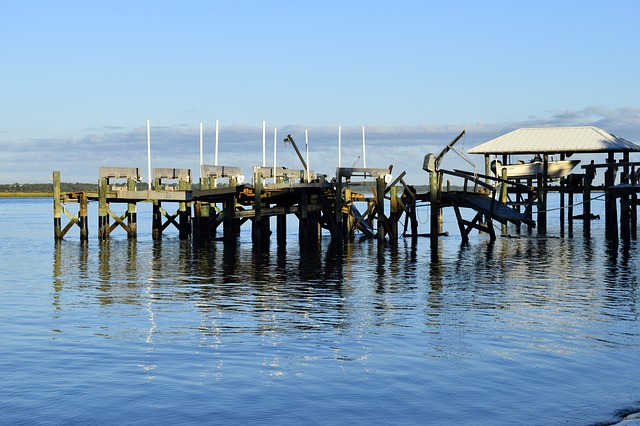
Hiring A Flood Damage Restoration Company-The Benefits
-
As soon as the flood is over, the next thing you need to think about, aside from preparing documents for your insurance claims is the restoration project. The common tasks involved once the flood is over are cleanup, mitigation, drying, and of course, repair. You need to prevent the fungal growth and this is where a Vero Beach flood damage restoration company comes in.
While restoring your home might be less expensive, it does not provide you with the result you’re looking for. So if you’re still wondering whether you should hire a restoration company or just go the do-it-yourself path, get to know the benefits of hiring a damage restoration company:
1. Quick Response
You cannot return to your home unless you restore it to its best condition. A company that’s quick in responding should be considered so you can take care of the problem in the fastest time possible. The company you’re going to hire will employ people to get the job done efficiently. With a fast turnaround time, you’ll be able to prevent severe damage from occurring. You can also be sure that the company will use special equipment to ensure that the task is accomplished in a timely manner.
2. Sound Advice
You may not know what else needs to be done unless you seek help from a water damage professional. They are highly skilled and trained for the job. You can be sure that they’ll give you the right advice regarding damage restoration.
3. Mold Growth Prevention
When there’s moisture in the area, expect it to become a breeding ground for mold. Rapid mold growth is due to moisture. There are varieties of mold that are considered toxic. During the restoration process, the company will deal with the problem by removing mold safely. They will also take some safety measures to protect your home from future fungal growth.
4. Dealing With Insurance Policies
Restoration companies are experts in assisting home and business owners in processing their insurance claims. They can help you get a fair settlement from your insurance provider. Since one of the requirements is to present proof of damages to the insurance company, they’ll be able to help you with that.
5. Reduced Total Cost and Losses
Hiring a flood damage repair company is a good decision because they can help you reduce the losses and costs of damage. With the mitigation process, it will only take a shorter time to clear the affected area, hence, less damage will occur.
What to look for in a flood damage restoration company?
Not all flood damage restoration companies are created equal. The selection stage requires time to ensure that you’ll hire the right company. Suffering from a flood is no joke. It can be a very stressful situation as you have to deal with various aspects of the damage. If you’re unsure of the company to consider, there are criteria that will help you make a sound decision.
- Hire a certified or licensed company
When you are searching for a company to deal with your restoration project, you need to be careful because there are companies that will offer the cheapest service cost without giving you a guarantee that the job will be accomplished in a satisfactory manner. Choose a licensed company so you’ll have peace of mind.
- Choose reliable flood damage restoration professionals
You need a company that can provide you with a fast response. When a company has the ability to respond quickly, you can be sure that there will be less damage. A reputable company is available any time of day even in the middle of the night if you consider a company with 24/7 service. It’s already a red flag if you’re only getting a company’s voicemail. Whether you’re calling the company to address your water damage emergency or you have a question about the service, you should get a response right away.
- Ask if free inspections and estimates are provided
You do not want to commit to any company that has not proven their professionalism so getting free estimates and inspections is a good way to start. Knowing the cost and the time required to finish the job will give you an idea of whether or not they know what they’re doing. You should also have a written contract. The company should also take the time to explain to you the details you find confusing. Never agree to sign the contract unless you have fully understood what’s written.
- Find out about the warranty
Trustworthy companies would not mind giving you a warranty on all of their work. It’s an assurance that they can handle the job professionally. If a company fails to provide a warranty, it’s a sign that they’re not the right people for the job.
Doing your homework before hiring a flood damage restoration company will ensure that your home will be restored to its safest condition. ServiceMaster by Glenn's, a Vero Beach flood damage restoration company, will take care of the problem so you stay comfortably inside your home minus the worries.
With over 44 years of experience in the Treasure Coast and Palm Beaches, we're the experts you can trust for all tips and information related to restoration and reconstruction.
Topics:

